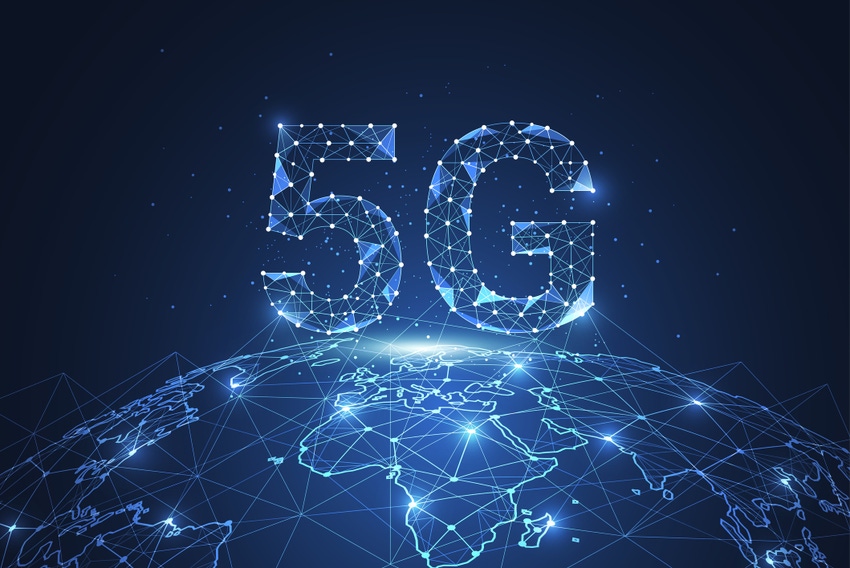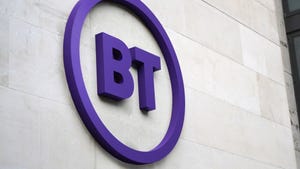A1 Telekom Austria Group has gone full Nordic, while Ericsson seems to have replaced Huawei in the Faroe Islands.
August 23, 2021

A1 Telekom Austria Group has gone full Nordic, while Ericsson seems to have replaced Huawei in the Faroe Islands.
The 5G networks run by A1 Telekom in Bulgaria, Croatia, the Republic of Serbia and Slovenia will consist entirely of kit provided by Ericsson and Nokia. Specifically, Ericsson got all of Croatia, Nokia got all of Serbia and Slovenia and will do the radio in Bulgaria, with Ericsson in charge of the core. Nokia is already doing the 5G full monty in Austria, so is the big winner with A1.
“By selecting the two network suppliers Nokia and Ericsson, who are already long-standing and reliable strategic partners for us, we took the decision to evolve our networks and services once more, and thereby again demonstrating our strong commitment to providing the best user experience in terms of communications and entertainment services on a high-class and secure infrastructure to our B2C and B2B customers.” said Alexander Kuchar, Director Group Technology & Future Services at A1 Telekom Austria Group, on the decision. “At the same time, we are taking a strong stand on virtualization, automation and simplification of our network architecture.”
Only Nokia saw fit to issue a special press release of its own on the matter, framing it as ‘a multi-country single vendor deal,’ for some reason. “We are delighted to have been selected by A1 Telekom Austria Group to support their rollout of our AirScale 5G RAN and core technology across Bulgaria, Serbia and Slovenia,” said Tommi Uitto, President of Mobile Networks at Nokia. “They continue to place their trust in our technology and are committed to delivering best-in-class services to their subscribers around the world. We look forward to working collaboratively with them moving forward.”
Ericsson did announce another deal win late last week, however, grabbing the prestigious Faroese Telecom 5G gig. This was more significant than it might seem on the surface because it would appear to mark the culmination of a long-running saga involving Huawei and the Danish government, which presides over the otherwise autonomous islands.
Last year it was reported that China’s ambassador to Denmark threatened the Faroese leader over the possibility of Huawei not getting its 5G work. The news that Ericsson has won the work, apparently replacing Huawei in the process, indicates the threats were ignored. Maybe we’ll now see Danish companies mysteriously missing out on Chinese business.
“Faroese Telecom has high ambitions for the network,” said Jan Ziskasen, CEO of Faroese Telecom. “We are aiming at world-class coverage, speed and capacity. The Faroe Islands is one of the best connected countries in the world with 97.2 percent geographical coverage of 4G reaching even 100 kilometers out to sea.
“With Ericsson as our strategic partner, we will enable the next generation of innovation and more capacity in the network to achieve our goal of 100 percent geographic coverage – a demanding task given the geography and terrain of the Faroe Islands. The newest subsea tunnel, Eysturoyartunnilin, is 11 kilometers long and 187 meters deep and even has a roundabout. After the modernization, this will be the first undersea tunnel where you can roam on 5G whilst driving through a roundabout under the surface of the North Atlantic Ocean.”
It’s happening gradually but with each new announcement Europe seems to be evolving towards being free of Chinese telecoms vendors. The EU has yet to set out a clear, coherent strategy on the matter presumably, at least in part, because Germany want to keep selling cars in China, but the way things are going we probably haven’t seen the last of China’s retaliation.
About the Author(s)
You May Also Like








.png?width=300&auto=webp&quality=80&disable=upscale)


_1.jpg?width=300&auto=webp&quality=80&disable=upscale)


.png?width=800&auto=webp&quality=80&disable=upscale)